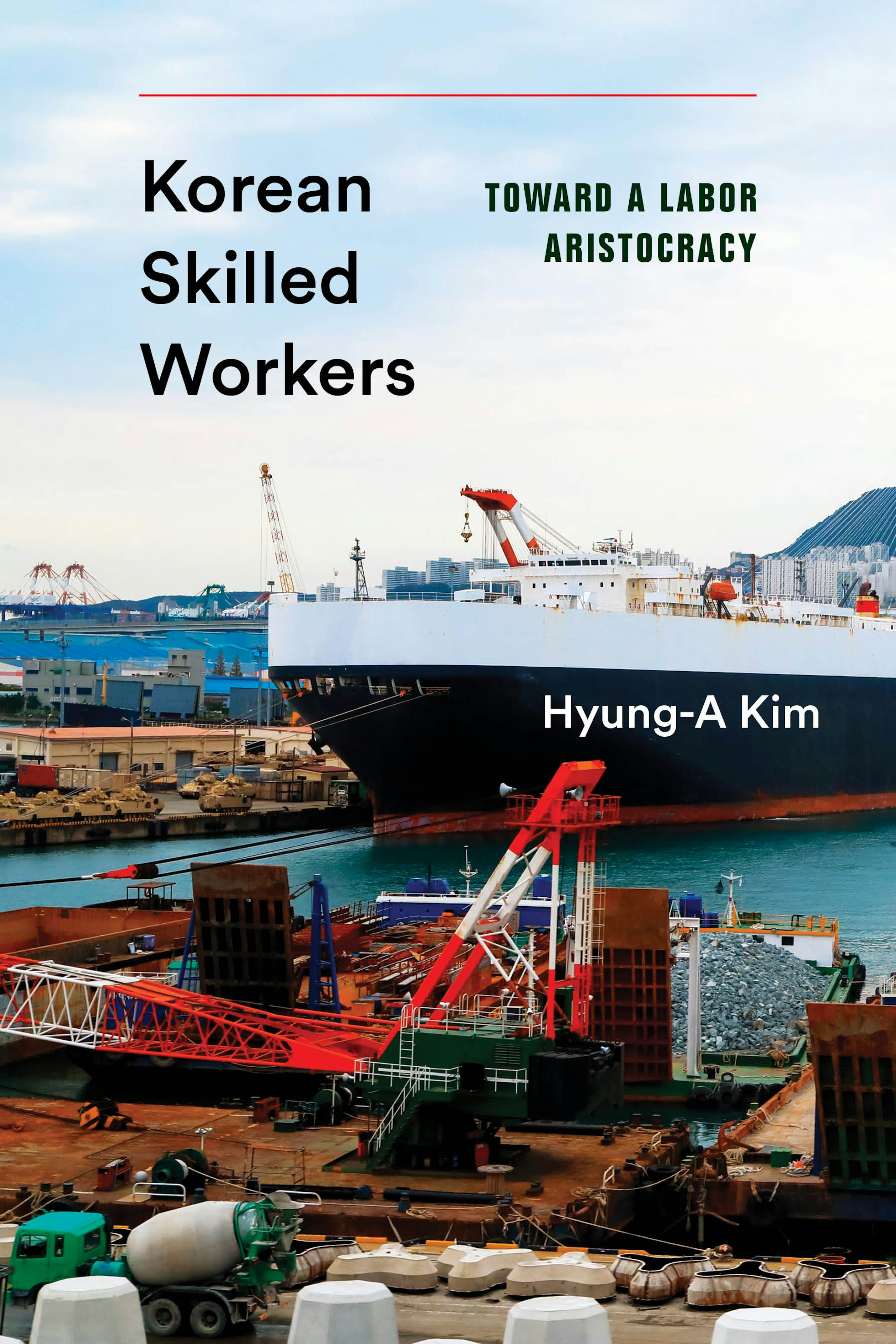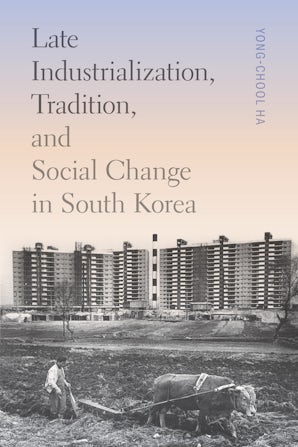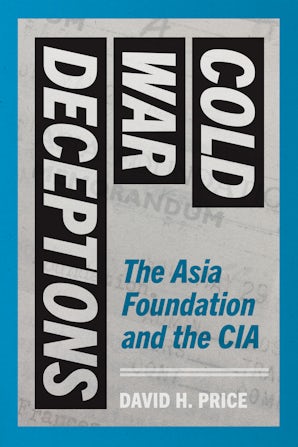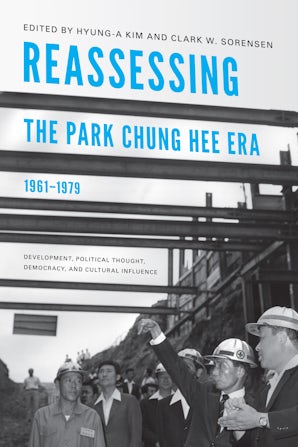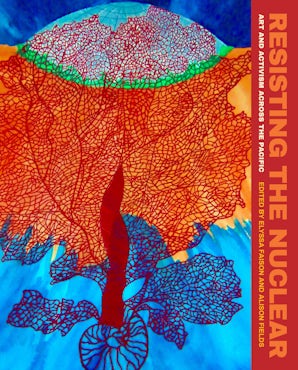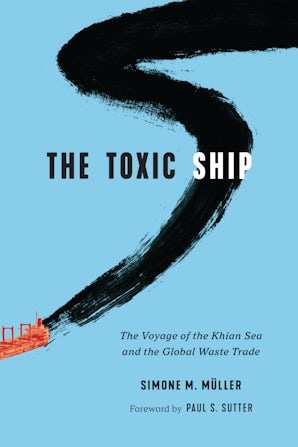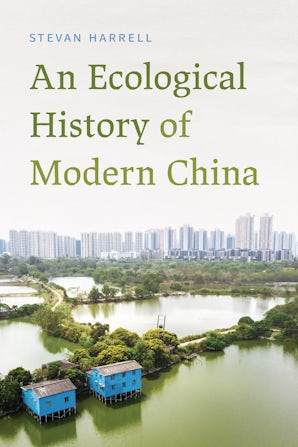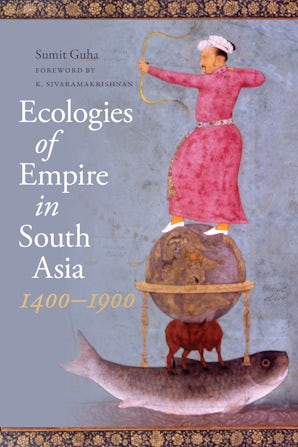South Korea’s triumphant development has catapulted the country’s economy to the eleventh largest in the world. Large family-owned conglomerates, or chaebŏls, such as Samsung, Hyundai, and LG, have become globally preeminent manufacturing brands. Yet Korea’s highly disciplined, technologically competent skilled workers who built these brands have become known only for their successful labor-union militancy, which in recent decades has been criticized as collective “selfishness” that has allowed them to prosper at the expense of other workers.
Hyung-A Kim tells the story of Korea’s first generation of skilled workers in the heavy and chemical industries sector, following their dramatic transition from 1970s-era “industrial warriors” to labor-union militant “Goliat Warriors,” and ultimately to a “labor aristocracy” with guaranteed job security, superior wages, and even job inheritance for their children. By contrast, millions of Korea’s non-regular employees, especially young people, struggle in precarious and insecure employment.
This richly documented account demonstrates that industrial workers’ most enduring goal has been their own economic advancement, not a wider socialist revolution, and shows how these individuals’ paths embody the consequences of rapid development.
